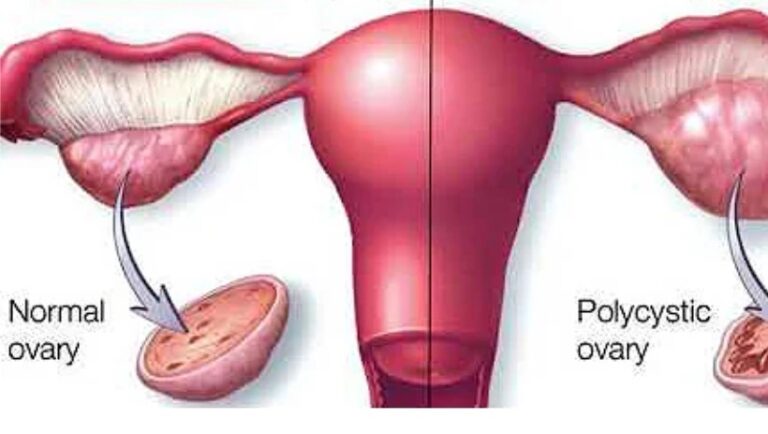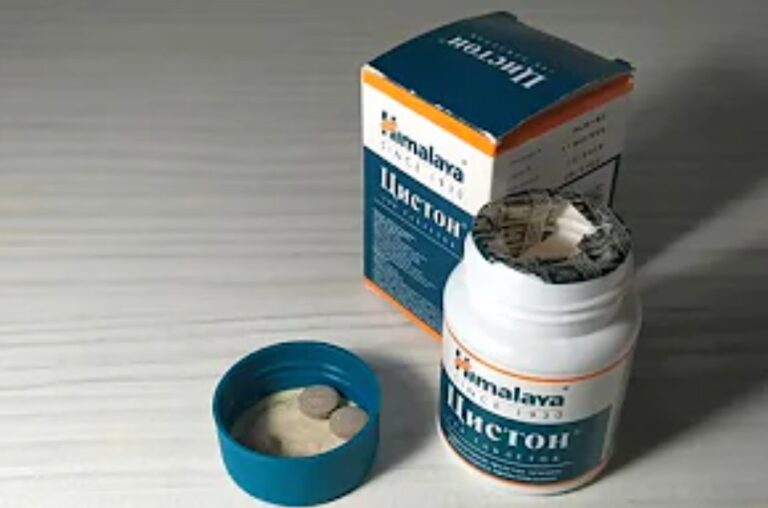Menstrual Pains, Cramps: Causes and What to do
A good number of our women are not happy to have their menses (except when they are scared of being pregnant, or unplanned) due to a whole number of reasons, but the main one is menstrual pain. It is so severe enough to make the lady absent from work, school, or other important social and personal functions.
What is Menstrual Pain
Dysmenorrhea is the medical name given to this form of Painful menstruation, and it is a very common finding in several women in their reproductive age.

Should I be worried about it?
You need to know that this is completely normal.
For the majority of the cases, especially for women who have been experiencing these pains during their periods since they started seeing their menses (around 11-16 years), they might not have much to worry about.
However, some women have usually been experiencing menstrual periods without pain for a good part of their life, and all of a sudden, for some unknown reasons, they started experiencing painful menstruation, up to unbearable levels. These women might have some underlying conditions that they should be wary of. Hence, they must schedule a visit to their doctor (especially their gynaecologist).
What Causes Painful Menstruation (Dysmenorrhea)?
For painful menstruation that has been noticed since the onset of your first menstrual flow, there is usually no underlying cause. This usually improves with childbirth and sometimes with increasing age.
However, for women who previously experienced no pain during their menstruation, and all of a sudden started experiencing severe pain, several possibilities can lead to this. A few of them worthy of mention include Endometriosis, Adenomyosis, and Pelvic Inflammatory Diseases.
We wouldn’t like to go much deeper into that, but we’d discuss that another day.
What do I do if I experience Painful Menstruation?
It is important to differentiate if the pain is experienced before the onset of the menses, or during the menses.
It is also important to first understand the severity of the pain. Different people experience different amounts of pain, and hence, require different types & dosages of drugs to manage the pain.
It is advised & very important to see your doctor, to investigate further the possible cause, especially if it started suddenly. Ultrasound scans should be done to rule out possible secondary etiologies.
In most cases, treating the underlying cause takes care of menstrual pains.
What drugs can I take for Painful Menstruation/Menstrual Pains?
For other cases who have been experiencing painful menstruation since the onset of their menstrual flow, various drugs are available & used in its management. They include;
- NSAIDs like Ibuprofen: This is commonly used by most persons experiencing menstrual pains. It is very important to note that individuals having any form of Ulcers (Peptic, Duodenal, etc), should not use this drug.
- Hormonal contraceptives: COCP is widely used.
- Hyoscine Bromide/Scopolamine butyl-Bromide (popular brand here is Buscopan): This has also proved very helpful in patients going through painful menstruation.
- FlexiCAM: Some women get some benefits from this drug which contains diclofenac, paracetamol & Chlorzoxazone.
For dosages and how to take them, please see your doctor.
Other non-medical methods of management that have shown some level of efficacy are:
Lifestyle changes: so far, some evidence suggests that a low-fat, vegetarian diet may improve menstrual pains. Also, it is suggested that exercise may improve symptoms.
Heat: Soaking in a hot bath or using a heating pad, hot water bottle, or heat patch on your lower abdomen, there is strong evidence to prove its benefit. It appears to be as effective as NSAIDs.
Nigerian Nutritionist Uche Kesiena-Arueya when speaking to BBC Pidgin, also recommends some Foods that help in the Management of Menstrual pains to include:
1. Ginger: wash, peel, and place inside boiling water (not cooking the ginger). Leave for 2-3 hours. Drink one shot in the morning, afternoon, and night. You might add honey to sweeten it.
2. Pineapple: Note, those with Diabetes shouldn’t take this
3. Turmeric: Used the same way with ginger. One morning, afternoon, and night.
4. Garlic: chewed or mixed with ginger to form a drink. Can cause mouth odour
Finally, we must emphasize that you should not self-medicate. It is always important to consult your doctor before taking any drugs.






